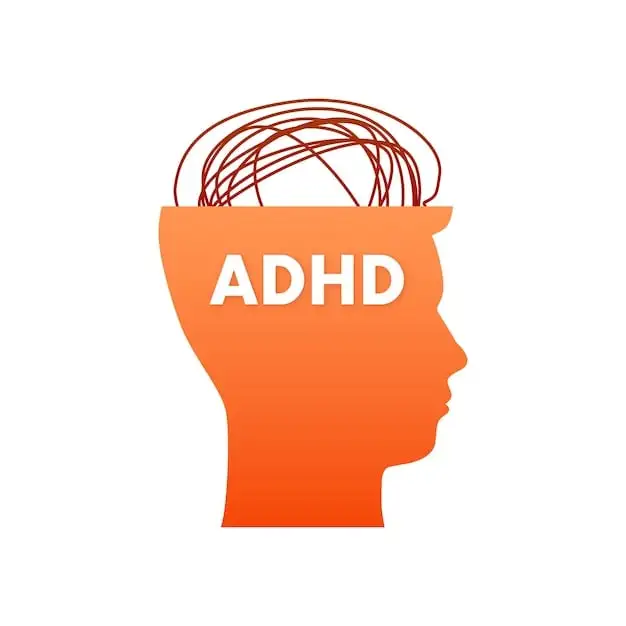

I know you are asking for something different, but since there are already a few good answers, allow me to instead to reject the premise and give you a different.
It’s not impossible to implement an AI solution within the context your provided. The problem is that it’s going to be expensive. However, you can offer to deliver something smaller, focus on the smallest but valuable contribution you can make. While cleaning up the data is still going to be a hell of task, if the scope is small enough it can be achievable. Then, you can communicate the difficulty to scale due to data issues which can help management undestand the importance of prioritizing data quality.
If you have a bunch of sales data, maybe you can focus on deriving purchase patterns and build a simple recommendations engine. If you want to focus on marketing, you could try lead classification. Ideas depend on the domain of the company you work for.





You should try being assertive, you can look it up, but essentially it’s a healthier communication style that emphasizes on facts and feeling. For example, you shouldn’t say you don’t care for me, instead say you cancelling our date made me feel dismissed.
You can look it up online, essentially it’s a middle ground between being passive or aggressive.
Keep in mind that every feeling is valid, and trying to pursuade someone otherwise is the art of gaslighting. Emotional manipulation and gaslighting, are common in a Narcissist’s playbook, if you feel you emotions are invalidated don’t angry, instead leave it’s not worth your time.